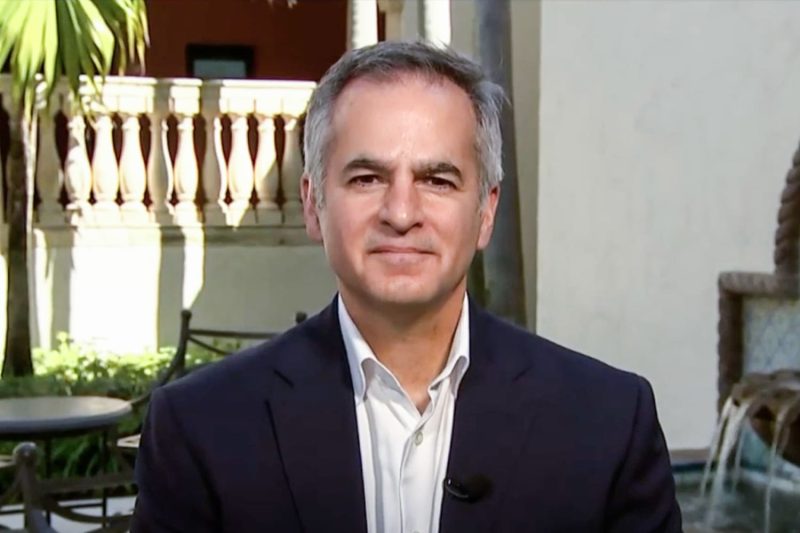Kellogg’s CEO, traditionally known for leading one of the world’s foremost breakfast cereal companies, recently made headlines not for a new product launch or impressive quarterly earnings, but for a controversial suggestion. CEO Steve Cahillane’s off-the-cuff idea of recommending individuals to consume cereal for dinner as a money-saving approach stirred a wave of backlash across various quarters. This backlash revolved around perceived tone-deafness, insensitivity towards poverty and the underestimation of the problem at hand.
Beneath surface-level discussions, this controversy uncovers deeper issues. On one end of the spectrum, these arguments critique the CEO’s oversimplified approach to resolving economic hardship, posing the question of why the larger responsibility of addressing poverty is shifted onto the shoulders of those most affected. Moreover, proponents of nutritional balance and dietary variety also raised concerns regarding Cahillane’s proposal, underscoring the fact that a consistent intake of cereals for dinner fails to provide well-rounded nutrition required for healthy living.
Only a few weeks after making this statement, Cahillane was met with a digital storm of criticism. Consumers took to social media, tearing into the CEO’s suggestion for being out-of-touch and insensitive. The critiques emerged from various angles. Low-wage workers struggling to make ends meet expressed their disappointment, health experts cautioned against the nutritional deficits that could arise from a regular diet of cereal for dinner, and a few simply ridiculed the appreciation of such a proposal.
Economic factors were among the most prominent issues given voice within the backlash Cahillane received. Critics argued that his prescription for dealing with financial struggle diminished the gravity of economic hardships people face. Instead of suggesting a change in individuals’ eating habits or asking them to cut corners, they argued, leadership figures in influential positions such as Cahillane should lean into corporate responsibility and reconsider the practices that contribute to wage gaps and economic disparity.
In the realm of nutrition, the backlash was equally as imposing. Health and nutrition experts weighed in on the discourse to remind audiences that a diet consisting of mainly cereal lacks the breadth of nutrients that a varied diet provides. Even the healthiest of cereals cannot provide the breadth of nutrients that a balanced diet comprising vegetables, proteins, and diverse carbohydrates can. Prolonged consumption of the same could lead to serious nutrient deficiencies, raising significant health concerns.
On social media platforms, critics used humor and sarcasm to express their discontent. Tweets referred to the cereal monarchy, hail the cereal queen, or ironically praising the CEO’s groundbreaking approach to poverty were abound. Some social media users facetiously appreciated the genius of the ‘cereal for dinner’ idea, in a clear satire of the CEO’s simplification of complex economic issues.
In many ways, the controversy surrounding Cahillane’s ‘cereal for dinner’ proposal is a cogent reminder of the responsibilities borne by corporate leaders. In a world grappling with widening economic disparity and a pandemic straining livelihoods, seemingly innocuous statements can underscore deeper societal divisions. The backlash serves as a reminder that solutions to complex societal issues are rarely as simple as a bowl of cereal for dinner.
These reactions underline the relationship between corporate decision-makers and the communities they serve. They underscore the need for these key players to not only understand the social issues at hand but also respectfully and thoughtfully address them. Following the backlash, it is now more clear that corporate leaders’ comments and actions have implications far beyond immediate business concerns; they speak volumes about the company’s understanding of, and engagement with, wider societal and economic concerns.




